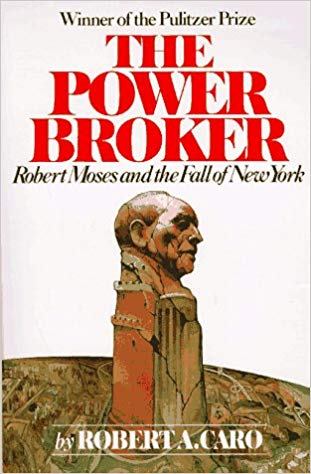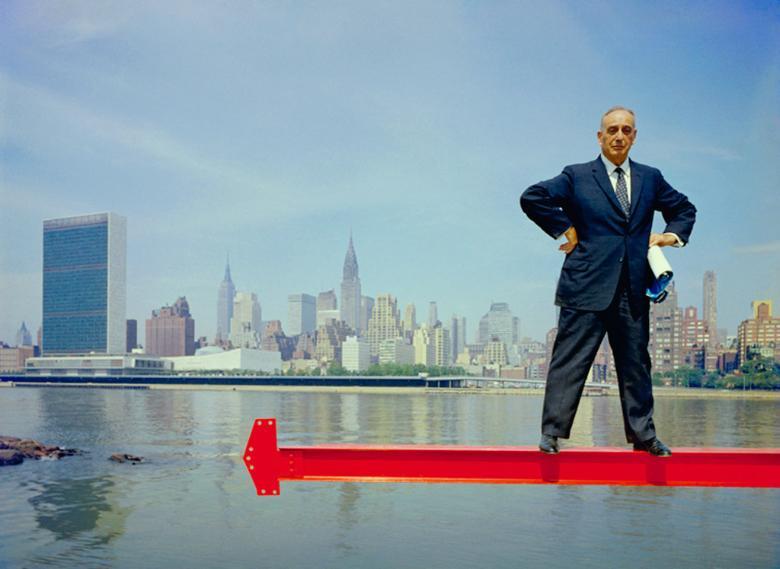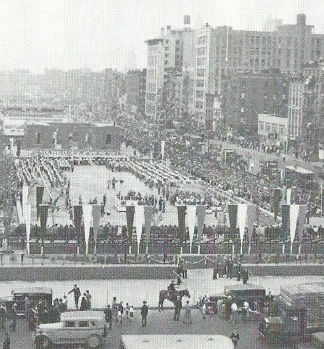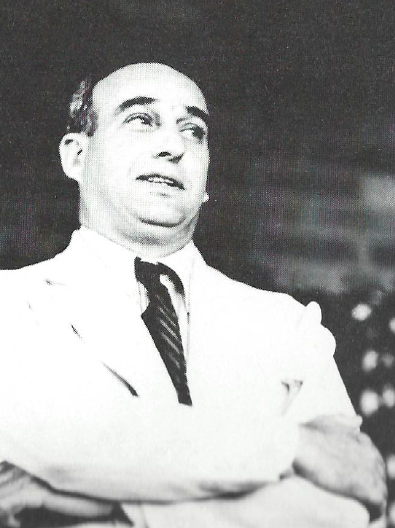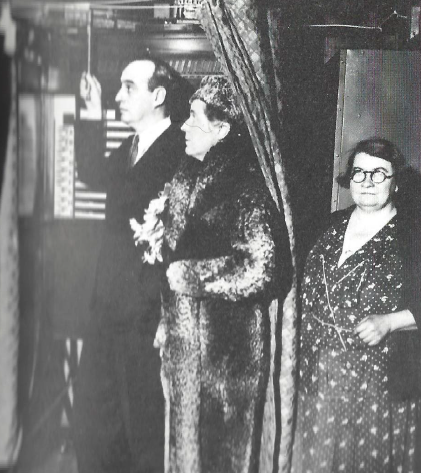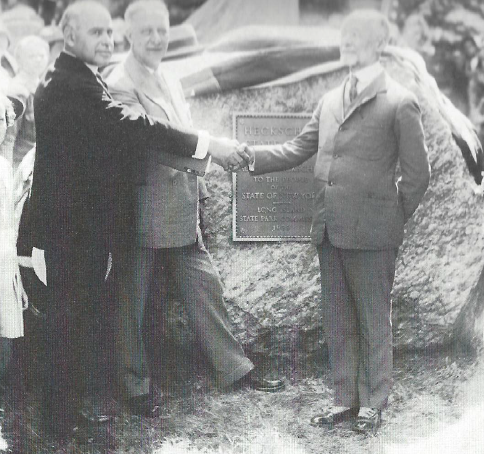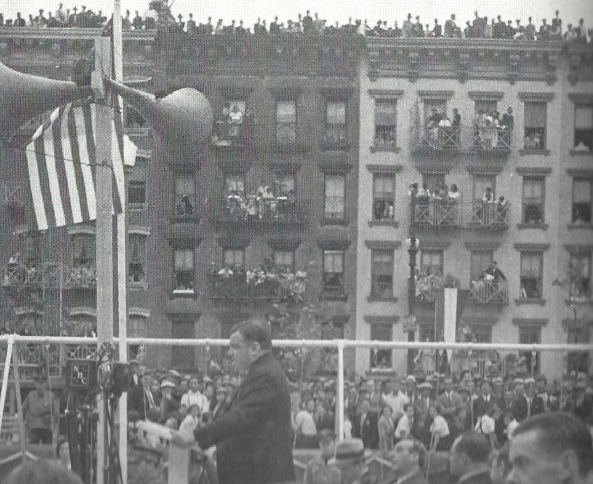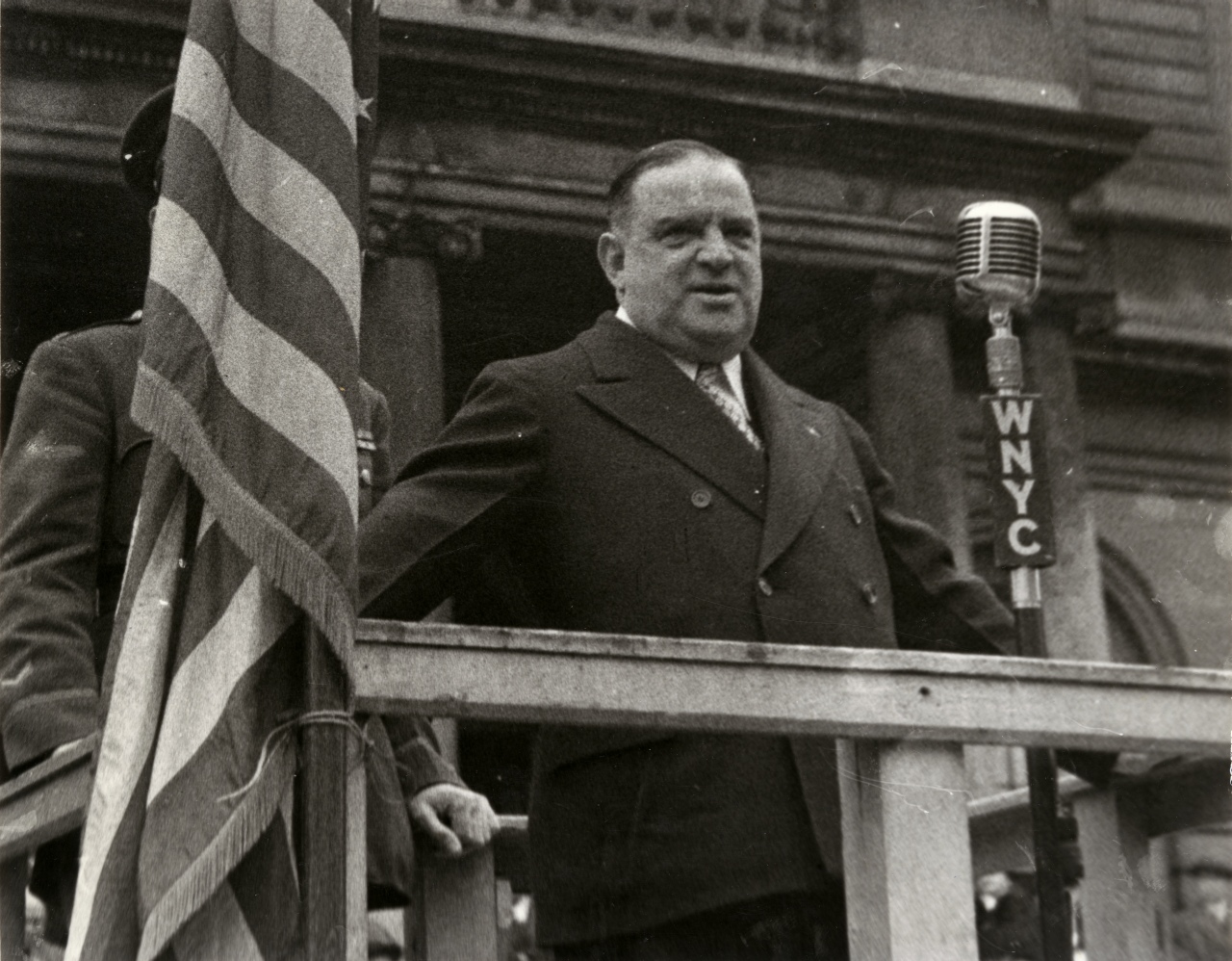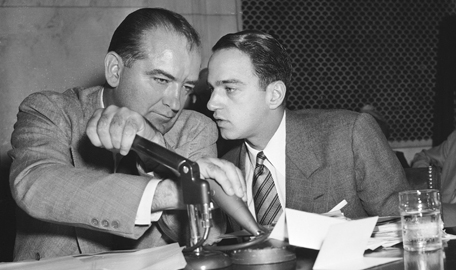Chapter 19 – To Power in the City
The Good Government Movement had been revitalised by lawyer and politician Samuel Seabury while presiding over the extensive 1930–32 investigations of corruption in the New York City municipal government. The Tammany hold on the city was beginning to loosen, and Reformers were beginning to get the upper hand. Moses was still a hero to many Reformers, and the changes to Moses’s character over the years were considered less important than his high purpose and ability. When Seabury turned down the nomination for Mayor, the way seemed clear for Moses to run on an independent or “fusion” ticket. Seabury however, was hostile to Moses. As an enemy of Tammany Hall, Seabury felt Moses, through Al Smith, was too close to Tammany and would be unable to stand up to the endemic corruption in the city.
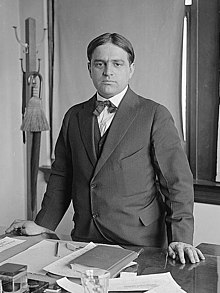
Moses’s main rival was to be Fiorello Henry La Guardia, son of immigrants and raised in tenements, a Republican considered too liberal for most members of the GOP. The Reformers were suspicious of La Guardia because of his upbringing, his radicalism and his aggressive championing of the have-nots. At a late stage of the nomination process, Moses seemed to have it in the bag. However, Seabury turned against Moses, accusing the fusion leaders of selling out to Tammany Hall. The fusion leaders panicked and looked around for another candidate. Moses had wind of this and withdrew his nomination. The nomination went to La Guardia.
Moses refused to become involved in the race for mayor. However, when La Guardia’s campaign started to flag, Moses was asked to offer his support. Moses agreed and made a number of press attacks on Tammany Hall while at the same time extolling La Guardia’s virtues of honesty and integrity. Although Al Smith would not endorse any candidate, the fact that Moses supported La Guardia seemed to imply Smith’s support, a notion La Guardia’s supporters did nothing to dispel.
La Guardia became the new Mayor of New York. As first order of business, La Guardia appointed Moses Commissioner of the New York City Department of Parks and Commissioner of the Triborough Bridge Authority. Both state and city legislatures voiced opposition to these appointments as it would give Moses immense power, as well as breaking a long-held precedent that a person could not hold both a state and a city job at the same time. This opposition was blasted by the press and the Reformers, and the barons of Long Island pulled their strings. On April 9th, the bill bringing all Moses’s posts together and appointing him as head, was passed.
Roosevelt’s New Deal for New York, assigning unemployed men to carry out public works, began operation. However, when Moses inspected the work being carried out on his parks by these men, found that they had few tools and little training. Moses arranged to have 80,000 of these men carry out renovations as part of his parks plans. Moses meanwhile was touring the sites in his office cum car with his secretary and his engineers. Moses extolled his engineers to use their imagination and design structures appropriate to the individual places. His concentration was not reserved for one park, but all the parks.
Analysis & Key Takeaways
- Tammany hall broke the idealistic spirit of Robert Moses and left him turning to the darkside of ignoring democracy ;
- From 1930 to 1968, Robert Moses became the Darth Vader of New York…advocating for prejudicial, biased projects based on income and even race to a certain extent.
